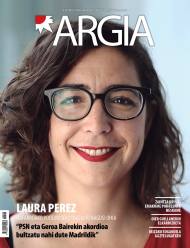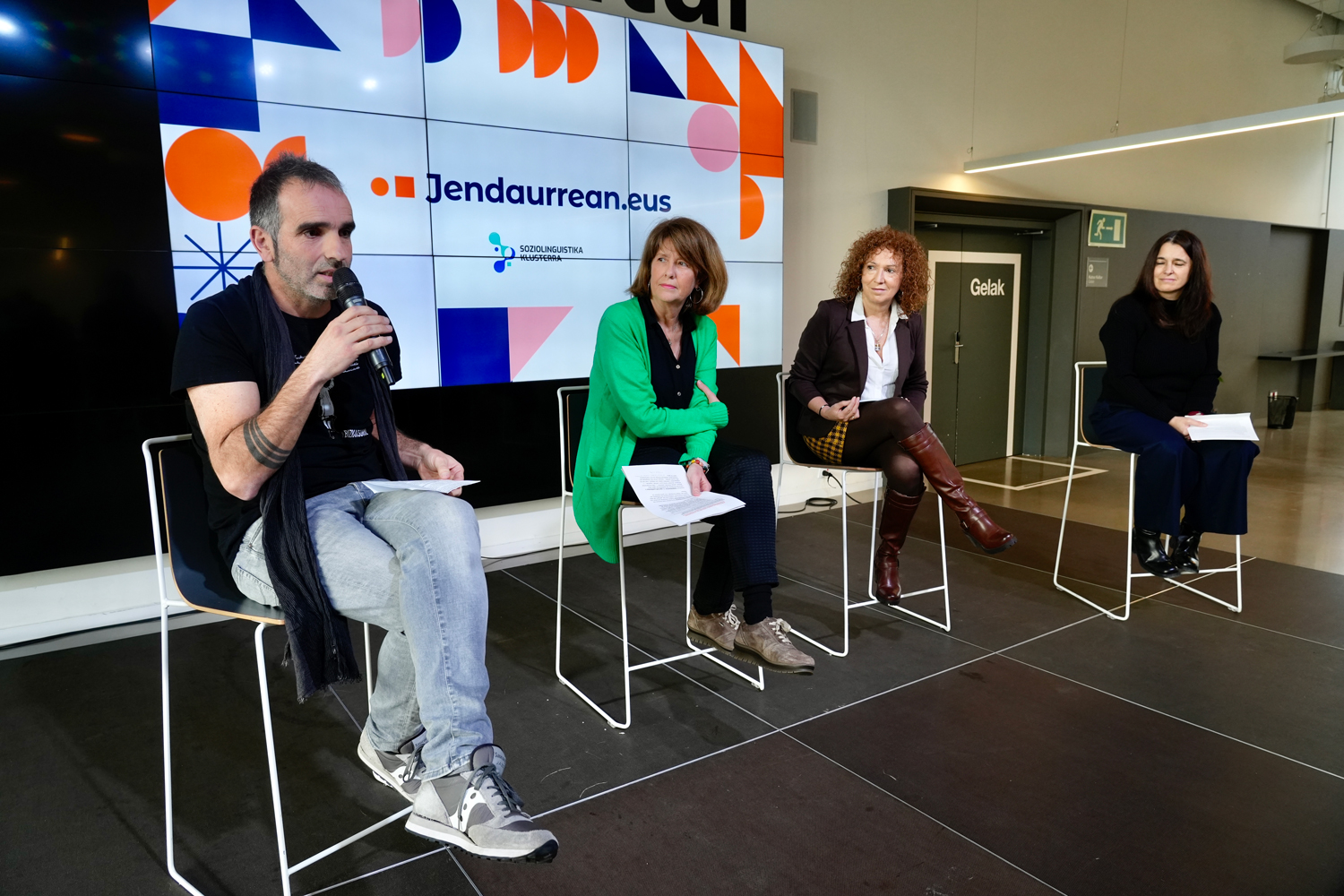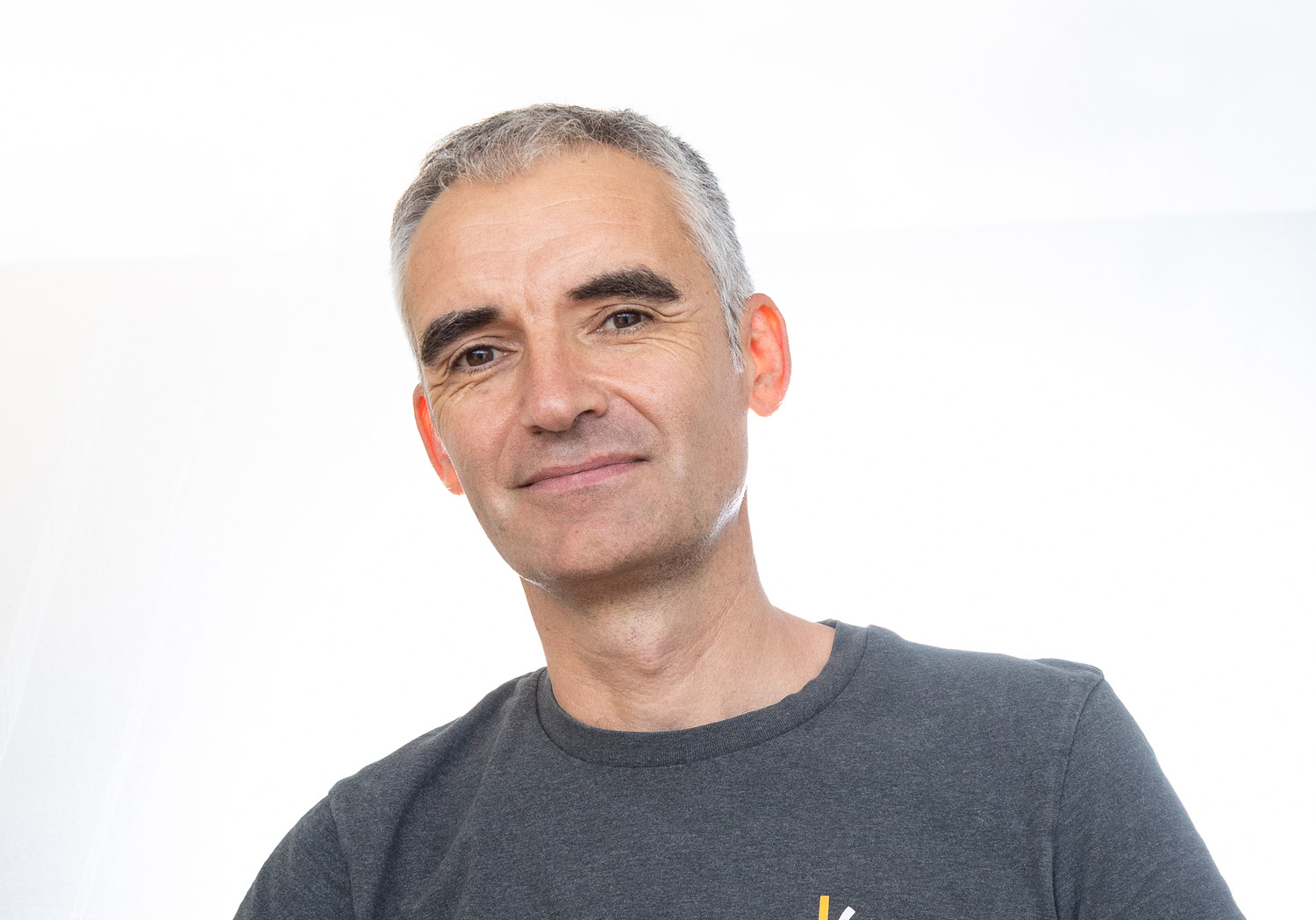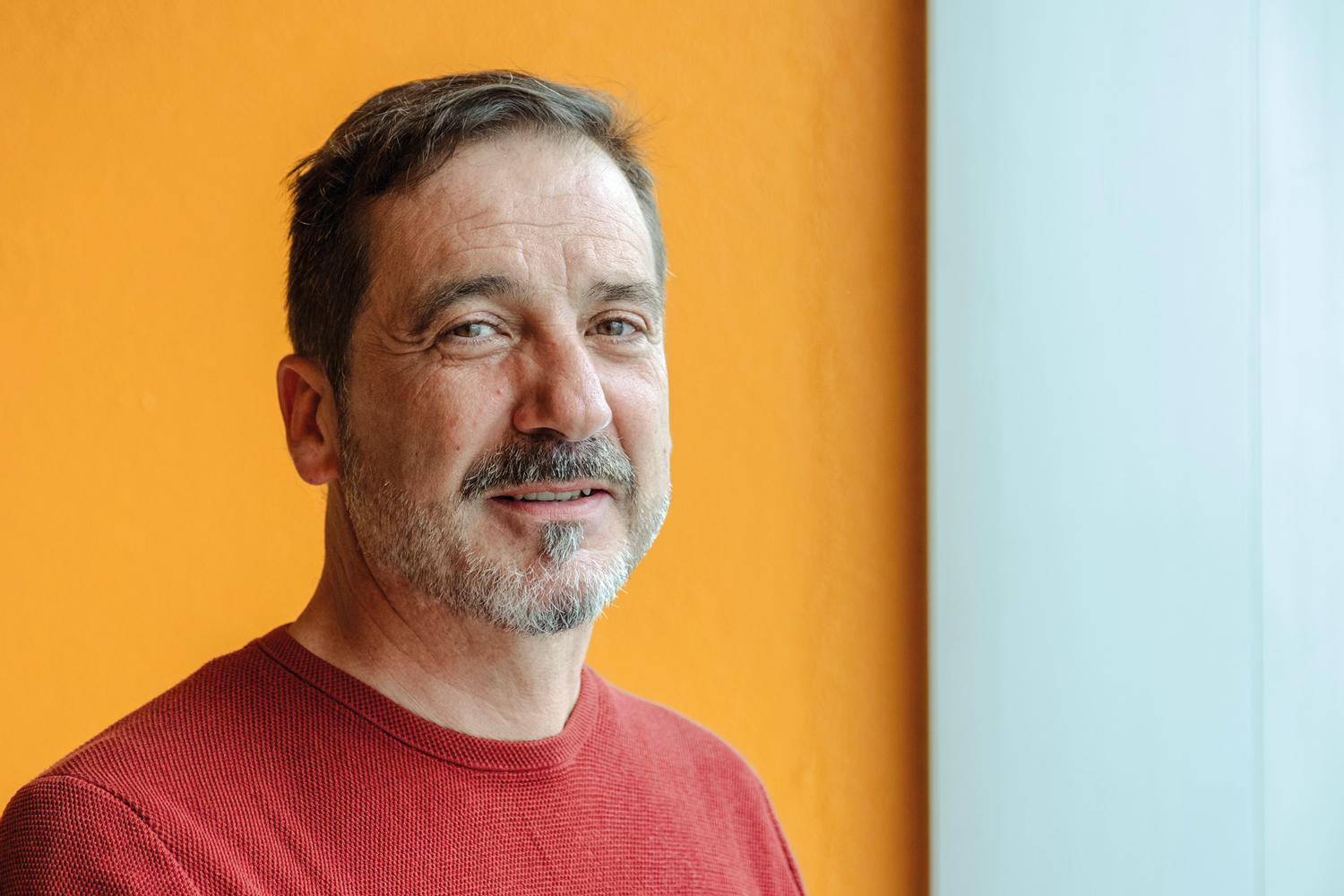The 'belarriprest' is uncovered in Bergara
- Several municipalities in the Basque Country have tools for simultaneous translations, including those in Bergara. The system has ensured that meetings can be held in Basque without the need for professional translators to do so. In the meetings of parents of the Ikastola Aranzadi, the simultaneous translation has managed to bring the language from conflict to normalcy.
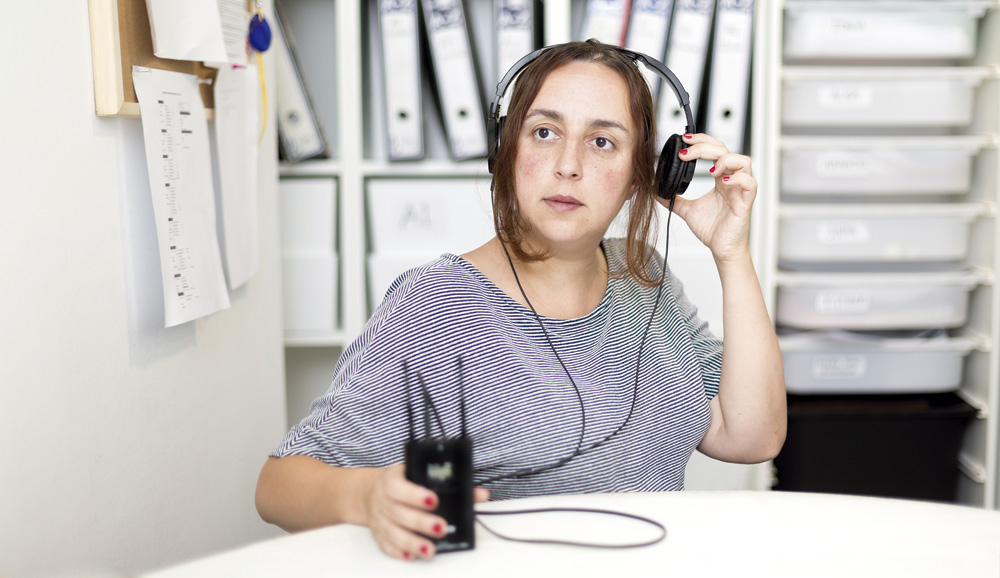
Parent and parent meetings are appointments that are repeated at most of the beginning of the course. At the Ikastola Aranzadi in Bergara, meetings to share information with parents are also common, and the choice of language to give explanations has given more of a headache to those in charge of the center. The children in the area studied in model D and 80% of the parents were Basque.
By 2010, the Basque Strategic Plan was elaborated in Aranzadi. According to the director of the ikastola, Ane Barruso, “at the time of drawing up the plan we saw a gap in the meetings of fathers and mothers. We did it in Basque and Spanish and we worked the same content first in Basque and then in Spanish”. Barruso recalls that doing so in both languages caused much damage, among others, that meetings were boring and that the passage of time was very long. In order to remedy the problem, they sent the parents a questionnaire with three options: one, to follow as before; the second, that the meeting be held in Basque and that the computer and paper supports be in Spanish; and the last, that it be held in two parallel meetings, one with Euskaldunes and the other with non-Euskaldunes.
The second option was supported by the majority of the parents, but the parents were not happy with the decision and were opposed, no longer explaining to the meetings. “Erdaldunes fathers and mothers who observed their linguistic rights and how they are members of the ikastola, wanted their language also to be respected. They used the word exclusion,” Barruso explained. “We told them that the community in our center is Euskaldun and that we guaranteed the rights in both languages.” To answer the complaints of mothers and fathers erdaldunes, ikastola tried to find other ways and decided to test the possibility of simultaneous translation.
Ikastola Aranzadi contacted the Basque Service of the Municipality of Bergara to inform them of the need for the translation service. Steppes Plazaola, a Basque technician at the City Hall, believes that they saw the simultaneous translation with good eyes and that they started working on the idea: “We thought that in addition to the Ikastola it could also serve for the other meetings.” Initially the machine was rented, but finally, due to the frequency of use given to it, the City Hall decided to purchase the equipment.
The Ikastola Aranzadi is today the association that uses the most tools for translation in Bergara, having managed to fix what had created the gap until then: “The first test was done at the general assembly of the ikastola and instead of being three hours, we managed to finish the meeting about an hour. Everyone saw their rights guaranteed,” said Ane Barruso. The next step was the implementation of the system in the meetings of parents, and today they continue to do so. The translation work is in the hands of the volunteer teachers and the director of the ikastola says that preparing the content before the meeting greatly facilitates the work: “As we had previously prepared meetings in both languages, there has been no more work. We give the explanations in Basque and those who need to translate listen to the Spanish explanation from the headset”.
In addition to parental meetings, the Ikastola Aranzadi de Bergara has taken a further step and has already opened the simultaneous translation service to other conferences. The talks that are organized for parents are also held in central Basque and the teachers translate them at the same time. “Before we have translated the most usual words on the subject. It’s true that the work is usually quite hard, but it’s pretty good,” said Barruso.
The ‘belarriprest’
The Ikastola community of fathers and mothers received the change in Bergara and the Erdaldunes fathers and mothers have also thanked the service. As explained by the Basque technician Steppes an Plazaola, “because of this we have realized how many people understand Euskera and those same people have realized that understanding Euskera has value.” In the words of Barruso, the implementation of the simultaneous translation has also allowed the creation of ‘belarriprestas’ – which in Euskaraldia the ‘belarriprest’ will require the ‘ahobizi’ to speak in Basque because they are able to understand them –: “Many fathers and mothers have told us that for them not so much work is done. Most of the time, they do not take the headphones and try to understand them in Euskera, asking their interlocutor if they do not understand it. As a result of not wanting to take the apparatus in front of some, some parents have become ‘belarriprest’.
Service available to all citizens
Since it acquired the necessary equipment, the City of Bergara has made available to the public the system that guarantees simultaneous translation. The City Council gives the instruments free of charge and it is necessary to process the request beforehand. The person who will perform the translation functions should also be located by the person who needs the system. According to Steppes Plazaola, the Basque technician of the City Hall, to use the system it is enough to have basic technological knowledge and to support the experience of the first time, they also have the instruction document prepared.
In addition, the purchase of the system has also benefited the Bergara City Hall. In the presentations organized by the City Council, simultaneous translation is now guaranteed and is carried out by the technicians of the Department of Euskera or, in some cases, the municipal technicians of the area. In addition to the City Hall, other local associations use the service and this same course, for example, two other schools in the town have begun to offer simultaneous translation to the meetings.
A technology that opens doors, reaching more doors
The Bergara example, however, is not an isolated example in the Basque Country. Plazaola knows some municipalities with similar systems available: “In Ordizia they have had it for a long time, and in Eskoriatza, Lasarte-Oria, Irun and Hernani also have it.” The Basque technician at Bergara believes that the system they have in Bergara is not a specific tool for translation, but is also used by tourist drivers. However, it is not the only system for ensuring simultaneous translation, and as technology progresses, more economically accessible tools are being created. For example, the San Sebastian Foundation 2016 and the Cooperativa Talaios developed the platform ‘Interprest’ a couple of years ago. Simultaneous translations using smartphones, between the translator signal and using a tool that has the modem function between the listener can be performed via Interprest.
Plazara, AEK, Uda Leku, Dindaia eta Ebete antolakundeak Baionan elkartu dira Famili'on egonaldi ibiltariaren lehen edizioa aurkezteko. Hizkuntza mailaren arabera eskaintza bat edo beste egongo da eta haur zein gurasoentzat izango da udaberrian.
I think it will have to do with the hangover of the profession, but I have to acknowledge that I look at the linguistic landscape of the places I visit. Signs that stick on the walls, hanging from streetlights, billboards, and supports that appear in shops or companies (signs,... [+]









